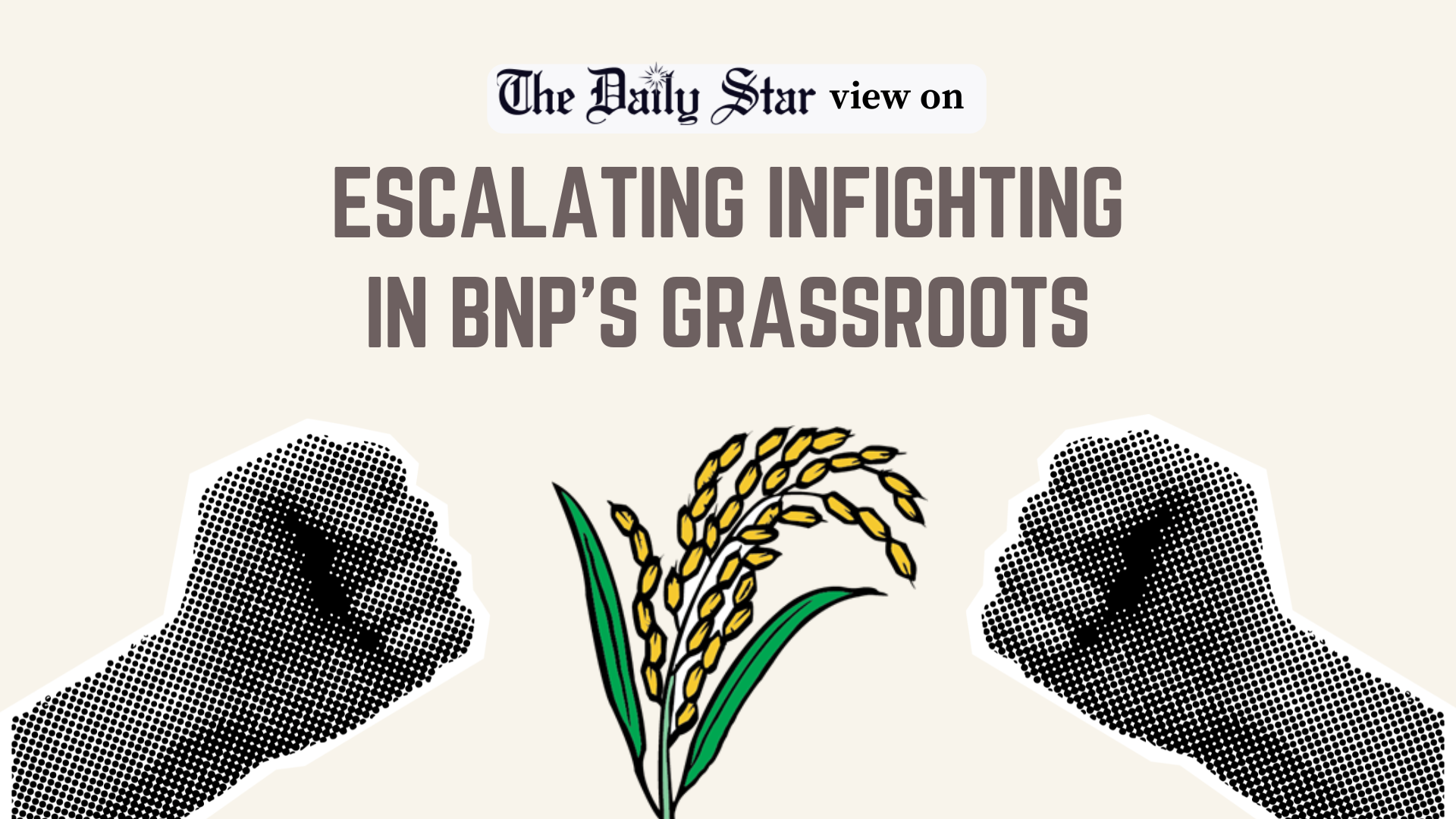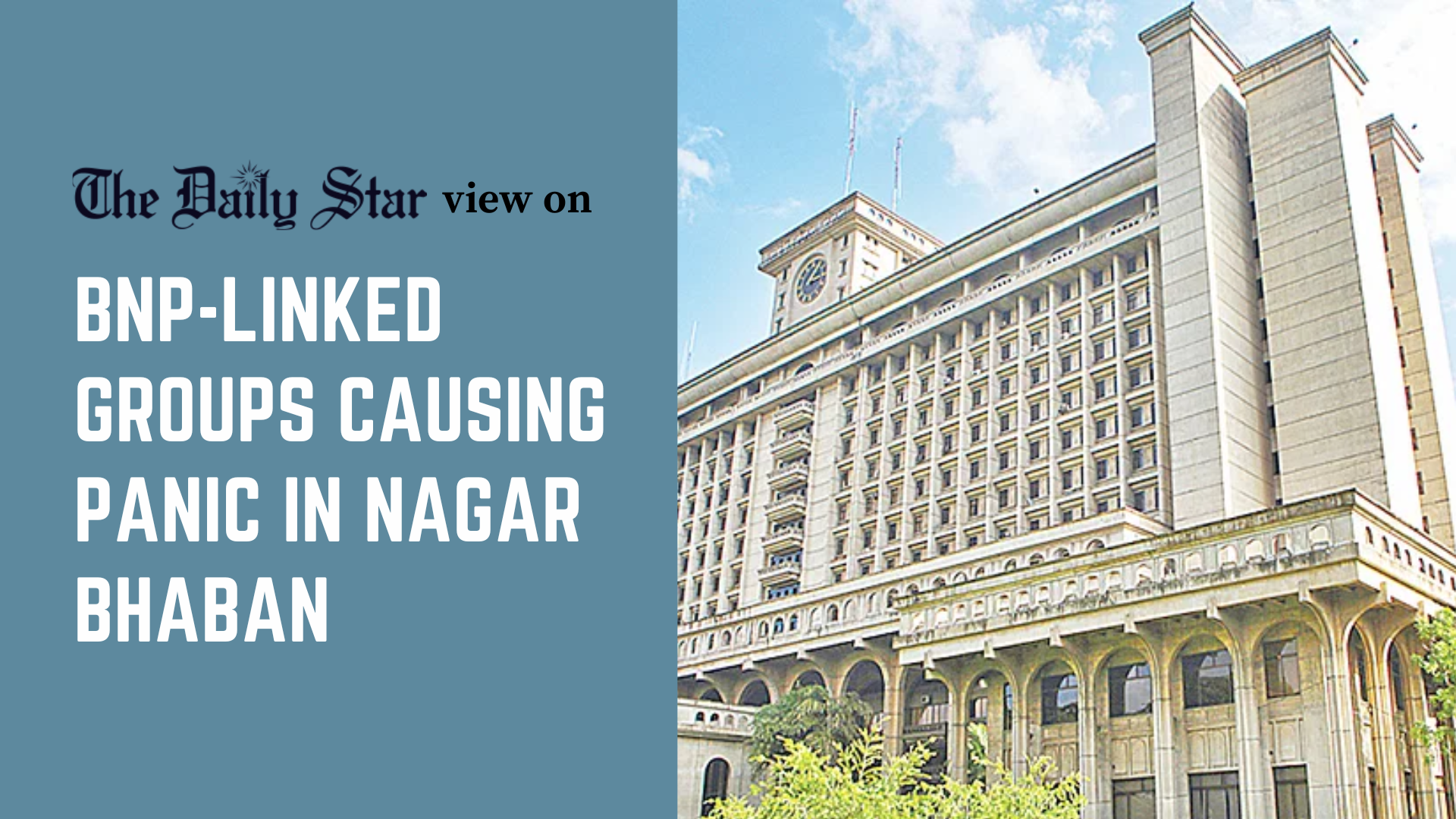BNP must get its house in order

After having weathered a difficult 15 years in the opposition camp, it is natural that there would be chaos in a big party like BNP as it goes about reorganising its house with an eye on the next election. But after over two months since the fall of Awami League, BNP still seems nowhere close to establishing internal discipline. Rather, reports of widespread extortion, infighting, and other illegal and unruly activities by party members are overshadowing its pro-people messages to become the dominant narrative surrounding the party. If morning shows the day, then critics are perhaps right to wonder if a BNP regime would be significantly different from the one it helped to oust.
This concern has again come to the fore after a report by Prothom Alo revealed how two BNP leaders, including the convener of BNP's recently-dissolved Dhaka North unit, have taken over extortion operations at key transportation hubs in Dhaka, including the Mohakhali bus terminal, where over a million taka is allegedly collected every day. After August 5, they took control of the Dhaka Road Transport Owners' Association. They also established control over local businesses and even mosques in areas previously controlled by Awami League's inner circle. At the terminals, extortion is taking place in various forms, such as charging fees for using illegally set facilities like toilets and showers, entry or exit fees for long-distance buses, etc. Clearly, little has changed in terms of abuse of power after the regime power.
This is despite what appears to have been a large-scale purge within the party. To date, according to another report by Prothom Alo, some 1,023 leaders have faced various disciplinary actions over the past two months—with 523 receiving show-cause notices, 437 expelled, 24 suspended, 35 warned, and four served notice for breaching party discipline. There have been even instances of dissolution of entire committees. Despite all such measures, the persistence of unruly activities by party members points to deep-seated structural issues within the BNP that need to be resolved first.
The time has come for a critical rethink by the BNP leadership. They must recognise that the stakes now are higher than ever. If BNP cannot get its house in order, it risks alienating not just the reformists within the party but the broader population who expect real change after decades of political instability and corruption in the country. So, besides ensuring sustained disciplinary actions, BNP must find out what's emboldening errant party members and undertake comprehensive reforms by placing ethical and democratic conduct at the heart of its operations.



 For all latest news, follow The Daily Star's Google News channel.
For all latest news, follow The Daily Star's Google News channel. 


Comments